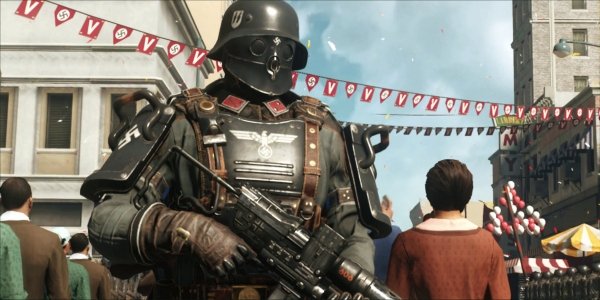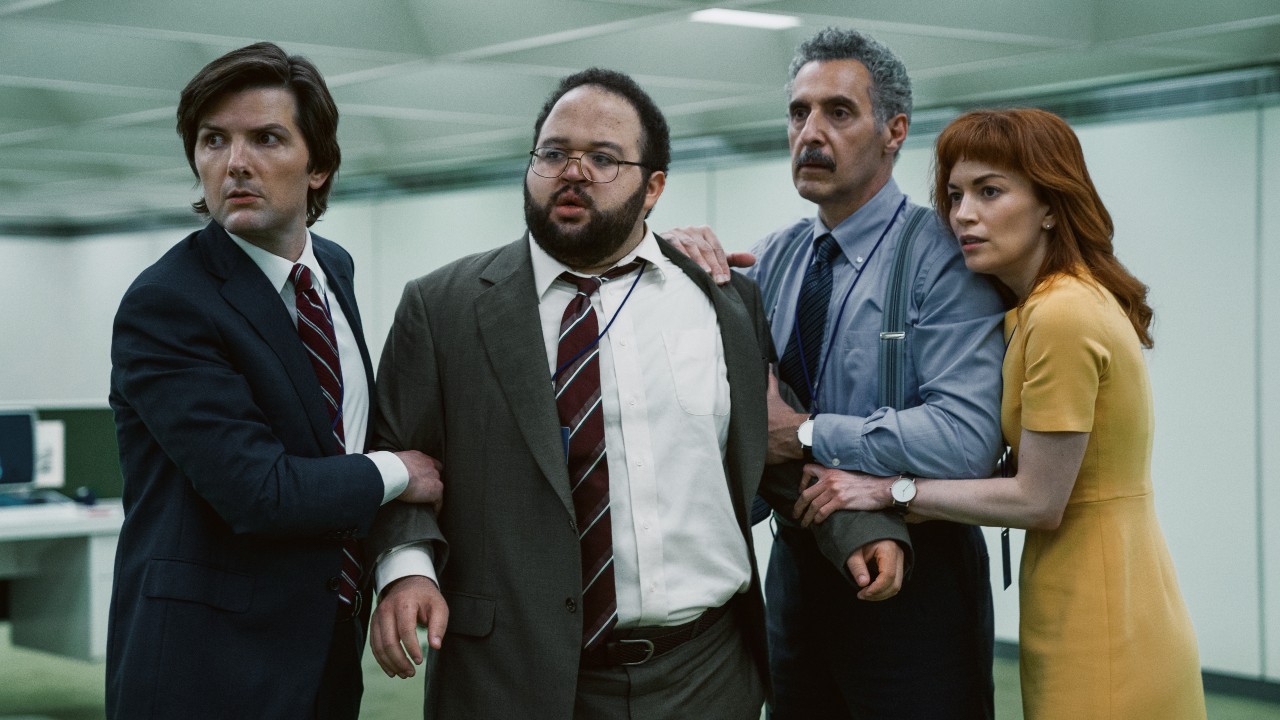Germany Lifts Ban On Nazi Images In Video Games

Years ago Germany put a ban on Nazi iconography being put on display in video games. It all came about due to Wolfenstein 3D... yes, the old first-person shooter from id Software. The German authorities caught wind of it and the Nazi imagery on display in the game, and decided to prohibit games from displaying Nazi imagery if they wanted to be rated by the USK (which is the German equivalent of the ESRB). Recently the USK decided to reverse its decision on allowing games to display Nazi imagery, by lifting the ban on the old ruling and allowing some games to be rated on a case by case basis while containing said Nazi imagery.
The Hollywood Reporter reported the Entertainment Software Self-Regulation Body, better known to most gamers as the USK, has made a change in the way games are rated. Video games containing Nazi imagery will no longer be banned outright, which is how the USK used to rate games that contained the controversial images. Instead, each game will be judged based on the merit of its own artistic integrity and will be considered for release based on its artistic value, its scientific representation, or its historical context.
I imagine games like Battlefield and Call of Duty will likely get a pass, especially games like Call of Duty: WW2 where the imagery of Nazism is used entirely within the context of its historical depiction during the second World War.
As noted by The Hollywood Reporter, this doesn't change the actual German law regarding the promotion or praise of Nazism or Nazi iconography, but it does give game makers an opportunity to plead their case for releasing games uncensored in Germany under the USK's new ruling.
What's interesting is that movies, television, and art can depict Nazi imagery, but video games are held to a different standard in Germany. This was rather evident when games like Call of Duty: WW2 had to remove all of the swastikas from within the game before being released in Germany. In the case of Call of Duty, the Nazi imagery was removed completely from multiplayer in all regions of the game so that different regions could play together in one version, including those in Germany and those outside of Germany.
There have also been cases like Wolfenstein 2: The New Colossus, where the game takes place in an alternate timeline and the Nazis have taken over the world. Many questioned would fantasy-fiction games like that be allowed under the new USK ruling? Or would fantasizing about that kind of Nazi occupation put it under the umbrella of propaganda? For the current release in Germany, MachineGames simply censored Hitler by changing his appearance and removed all Nazi iconography in Wolfenstein 2.
It seems to be a tricky bit of business navigating the new rules, but the USK is attempting to treat games in the same way that films and television are treated, which is a sign of changing times where games are being considered on par to other established entertainment mediums.
Your Daily Blend of Entertainment News
Staff Writer at CinemaBlend.

